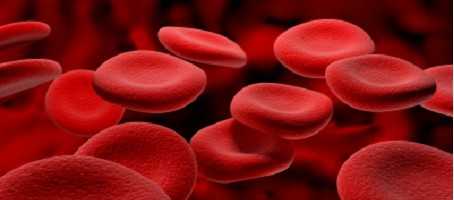Low calorie diets could be offered as a form of treatment for people with type 2 diabetes in the future after a leading charity said it plans to give “definitive judgement” on whether these diet plans can reverse the obesity-related disease.
Diabetes UK announced that it is funding a £2.4 million research project, which aims to find out if weight loss through an ultra-low calorie liquid diet and assisted weight management is a viable treatment for sending type 2 diabetes into remission in the long-term.
The study, which will be carried out by researchers at Newcastle University and the University of Glasgow, will see 140 type 2 diabetes patients limiting their calorie intake to just 800 calories a day, mainly in the form of nutritionally-complete formula shake, for a period of eight to 20 weeks.
As normal meals are reintroduced, they will then follow a structured, personalised support programme to learn how to maintain a healthy lifestyle and avoid weight regain.
Over a two-year follow-up, their results will be compared with another 140 people following current recommendations for losing and managing weight to determine the long-term effects of a calorie-restricted diet. Some of the participants will also undergo MRI scans to enable researchers to see what is happening inside the body during the diet.
In 2011, a Newcastle University study gained media attention after it found that 11 people with type 2 diabetes were able to reverse their condition and become diabetes-free after spending eight weeks on a 800 calories-a-day diet.
But experts say a longer and larger study is needed to better understand the long-term effects of these diets (i.e. whether the benefits of outweigh any adverse effects) and find out whether such diet plans are effective on a larger scale as part of routine clinical practice.
It is hoped the results of this study, which is the largest single research project ever funded by Diabetes UK, will offer both the charity and the NHS enough evidence to decide whether low-calorie diets should be recommended/offered as a standard option for treating type 2 diabetes.
Dr Matthew Hobbs, Head of Research for Diabetes UK, said: “Type 2 diabetes will always be a serious health condition but perhaps it won’t always be seen as a condition that people have to manage for the rest of their lives and that worsens inevitably over time.
“The 2011 study and evidence from bariatric surgery has shown us that it can be put into remission. If we can do this safely, on a bigger scale and as part of routine care, then following a low-calorie liquid diet would be a real game changer in terms of reducing people’s risk of devastating health complications such as amputation and blindness.”
What's new on the forum? ⭐️
Get our free newsletters
Stay up to date with the latest news, research and breakthroughs.




